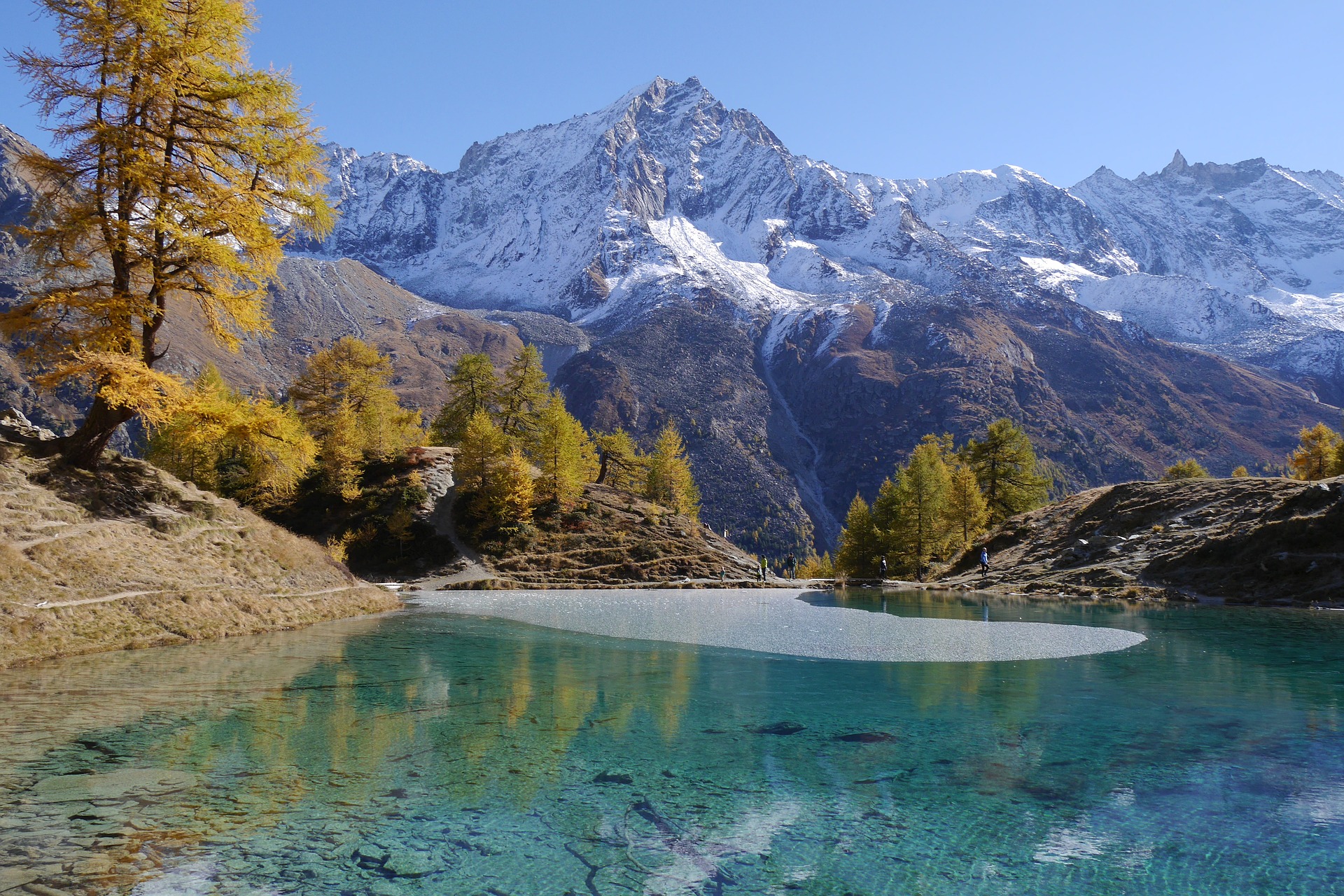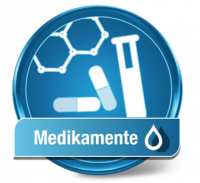Drinking water in Switzerland, a high quality natural product

The drinking water available in Switzerland meets extremely high quality standards. 80 percent of the water comes from underground sources, the remaining 20 percent is taken from lakes. By setting up groundwater protection zones, it is possible to distribute almost two thirds of Swiss tap water without having to treat it. So you can drink water in Switzerland, from any tap, and enjoy the water without hesitation. Even the ecological balance of tap water is better than that of bottled mineral water. You can find interesting instructional videos from SRF here.
Did you know that drinking water is the most controlled food in Switzerland?
The Swiss water quality is tested regularly and meets the highest guidelines in terms of hygiene and safety. The environmental health organization WHO (World Health Organization) obliges Switzerland to disclose all drinking water data every three years. The FSVO (Federal Food Safety and Veterinary Office) and the FOEN (Federal Office for the Environment) are responsible for drawing up the protocols.
These two offices work closely with the cantonal authorities and inform the public about the report “Implementation of the Water and Health Protocol in Switzerland”. It also gives an overview of the projects in the water and wastewater sector.
The Drinking Water Ordinance in Switzerland
This is anchored in the Federal Drinking Water Ordinance. Overall, the water quality in Switzerland corresponds to one of the highest requirements in the world. Norms and limit values are set that must be adhered to in order to safeguard Swiss water quality in the future. The drinking water in Switzerland must be below the specified microbiological limit values. The physical and chemical parameters are specified there as well as the tolerance of the limit values for impurities and foreign substances. Impurities in the water are generally to be found in your own domestic tap water system
Drinking water in Switzerland, the ideal thirst quencher
When it comes to tap water, the maxim is to treat it as close to nature as possible, with as few interventions as possible in terms of its composition.
The drinking water consists of spring water, ground water and lake water
Spring water is found especially in the Alpine region and in the Jura, where it goes through various natural purification processes. The water in the mountains seeps through various layers of soil into the subsoil, which cleans it and absorbs valuable minerals such as calcium carbonate and magnesium. Groundwater seeps deep into the soil layers and absorbs minerals, which affects the intensity of the water's taste. Lake water is obtained from the lake water works. In lake basins, the water from various tributaries is stored for a long time and is therefore very soft. Since it is exposed to influences from cities and the surrounding area, it needs to be cleaned in several stages.
Swiss drinking water, as valuable as mineral water
Tap water, depending on its composition of spring, ground and lake water, sometimes has more or fewer minerals. Only about half of the mineral water traded contains more minerals than inexpensive tap water. Since the human body can only absorb a certain amount of minerals, water with a high mineral content often brings hardly any added value.
★ On average, a liter of tap water costs 0.2 cents in Switzerland. This beats every mineral water in the price-performance comparison.







